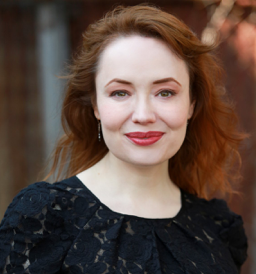The first time Dr. Richard Heinzl (BSc 1986) heard about Doctors Without Borders was as an undergrad at University College in the early 1980s. When he returned to U of T in 1987 as a resident at Women’s College Hospital, he decided to found a Canadian chapter (established in 1988). An international medical and emergency relief organization originally started in Europe, Doctors Without Borders (which won the Nobel Peace Prize in 1999) is devoted to helping out in some of the world’s most troubled spots – including war zones. “We go into the very worst places,” says Heinzl, who made his first trip with the group in 1990, spending two months in Mozambique. “It was a life-changing experience for me,” he says. “I saw the incredible beauty of the country and the people – that was the positive side – but on the negative side I saw poverty like I’d never seen before.”
Heinzl’s work with the organization led him to spend a year in a remote village in Cambodia and six weeks in Iraq helping the Kurdish refugees after the Gulf War.
While still involved with the group, Heinzl, 39, has stepped away from the day-to-day operations to focus on his latest venture, MediSpecialist.com. “We are creating new ways for doctors to consult online [with other doctors], and to get patients and doctors working together,” says Heinzl. He envisions the Web site linking doctors around the world – just like Doctors Without Borders.





